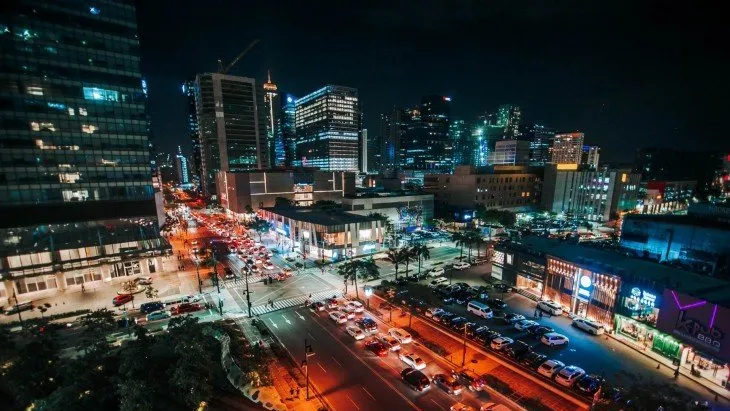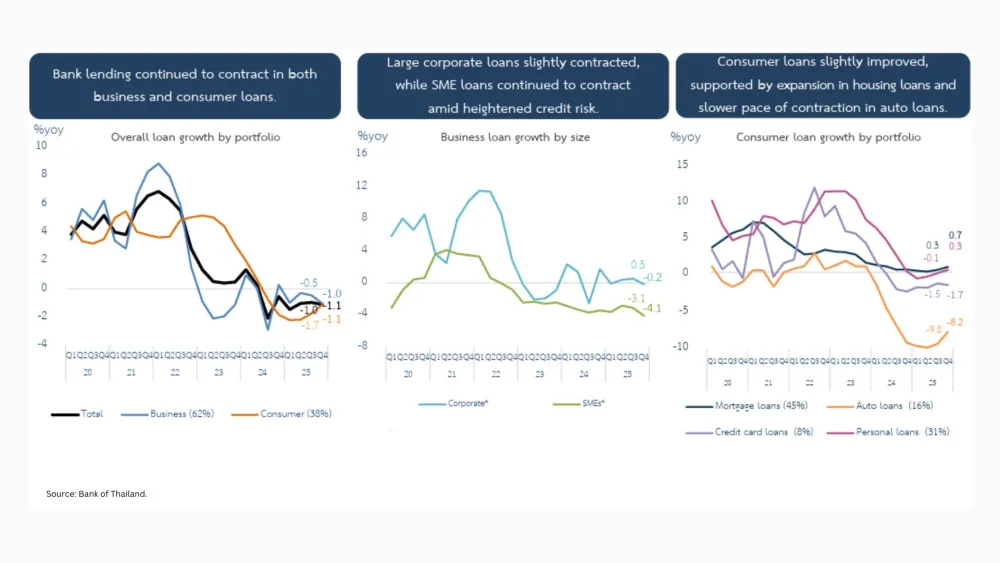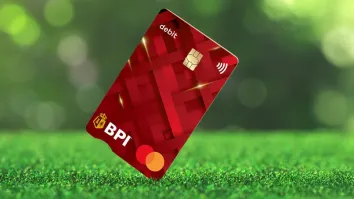
Philippine bank ratings at risk of another downgrade: Fitch Ratings
Fitch ratings downgrades the Philippines’ banking system operating environment score to negative.
The Issuer Default Ratings (IDR) of Philippine banks are tied closely with the movements of the Philippines’ rating (currently BBB/Negative), which puts it at risk, said Fitch Ratings.
In its latest statement on the Philippines, the credit rater revised downwards the country’s banking system operating environment score to ‘bb+’/negative from ‘bb+’stable, reflecting the potential scarring effects the pandemic will have on the country’s medium-term growth potential and banking system.
“The Negative Outlooks on the IDRs of the country’s three large banks and state-owned banks are in line with that on the sovereign rating. A downgrade in the sovereign rating is likely to result in Fitch revising downward the banks’ Support Ratings Floors, which would, in turn, cause us to downgrade the banks' support-driven IDRs,” Fitch Ratings said.
Currently, large banks such as BDO, Unionbank, Bank of the Philippine Islands, and Metrobank have long-term IDRs of BBB-/Negative. In the same statement, Fitch downgraded their viability ratings to ‘bb+’ from ‘bbb-’ on the grounds that asset quality and profitability are unlikely to recover to pre-pandemic levels in the next 12 to 18 months.
Mid-sized Philippine National Bank and state-owned Land Bank and Development Bank of the Philippines all have BBB/Negative IDRs and ‘bb’ viability ratings, one rank lower than the downgraded viability ratings of the large banks.
Fitch expects state-owned banks to receive sovereign support due to their unique and expanding roles as state policy intermediaries.
“The pandemic has put a strain on the sovereign rating, which Fitch affirmed at ‘BBB’ in July 2021. The number of new daily COVID-19 infections in the Philippines reached record levels in mid-August, prompting the authorities to reinstate lockdowns in the capital region and in a number of other cities and provinces. Extended mobility restrictions will dampen business sentiment and hamper recovery momentum,” Fitch said.
It identified the potential scarring effects, possible challenges to policy responses to the health crisis, and restoring sound public finances as the pandemic recedes, as downside risks to the Philippines’ medium-term growth prospects. These were among the factors that led Fitch to downgrade its outlook on the Philippines from a stable rating to a negative one in July.
“Loan growth will probably remain tepid in 2021, given the subdued economic outlook. We believe there could be a robust rebound when the pandemic subsides, due to the low base effect and banks' appetite for growth. However, the timeframe is uncertain, especially as many large corporations are sitting on ample liquidity. Household lending is also likely to remain challenged by the sluggish job market and weak property sector,” Fitch said.



















 Advertise
Advertise










